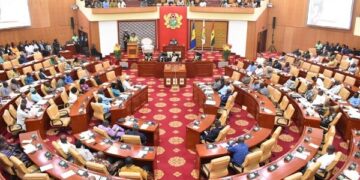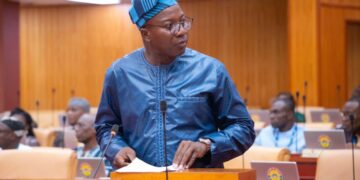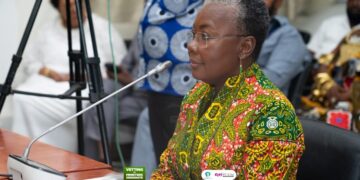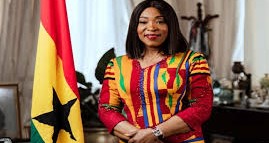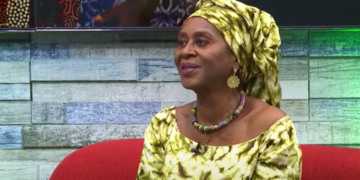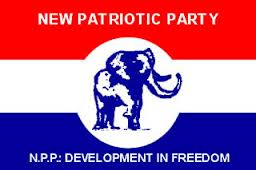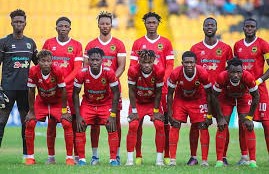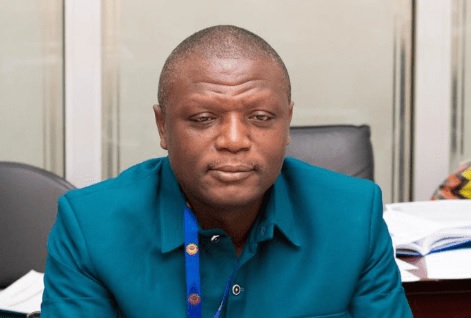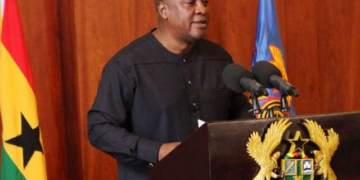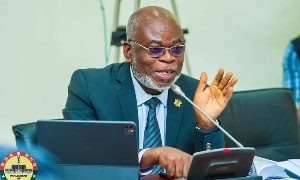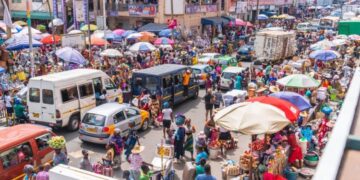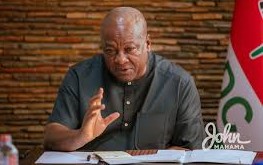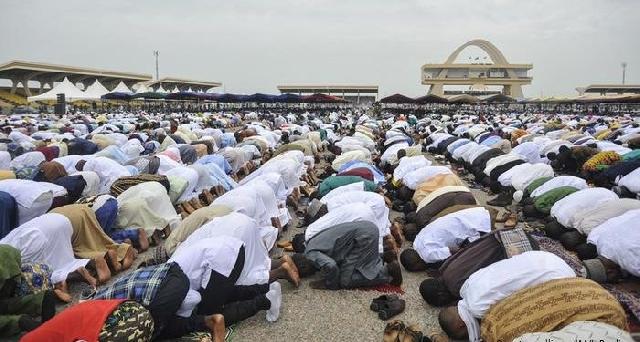Eid ul-Fitr, often referred to as the “Festival of Breaking the Fast,” holds significance in the Islamic faith and is celebrated by Muslims worldwide. It marks the end of Ramadan, the holiest month in the Islamic lunar calendar, during which devout Muslims observe fasting (sawm) from dawn until sunset.
Throughout the month of Ramadan, Muslims engage in various acts of worship, including fasting, prayer, charity, and self-reflection. Fasting during Ramadan is one of the Five Pillars of Islam and is obligatory for adult Muslims, with exceptions for certain individuals such as the elderly, pregnant or nursing women, travellers, and those who are ill.
Eid ul-Fitr serves as a joyous occasion to express gratitude to Allah (God) for providing strength and guidance during Ramadan. It is a time for Muslims to come together with family, friends, and communities to celebrate the blessings and spiritual growth attained throughout the month of fasting.
The celebration typically begins with a special prayer service, known as the Eid prayer, held in mosques or large open spaces. Muslims dress in their finest attire and offer prayers of gratitude and supplication.
Eid ul-Fitr is also a time of forgiveness and reconciliation, as Muslims seek to mend broken relationships and forgive past transgressions.








